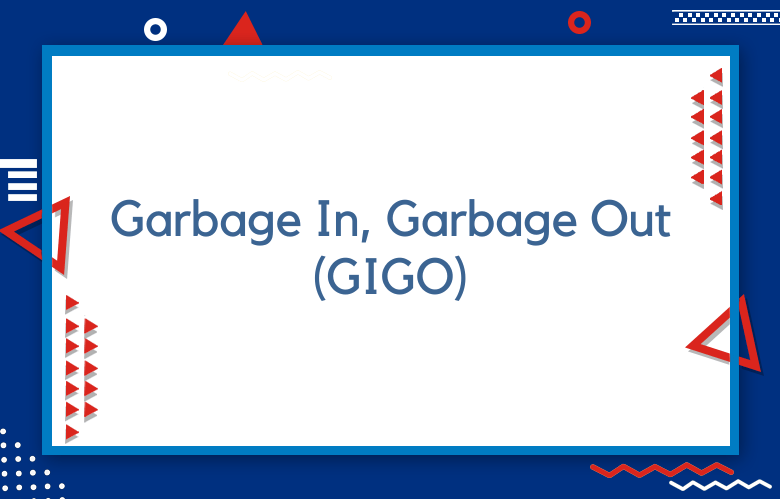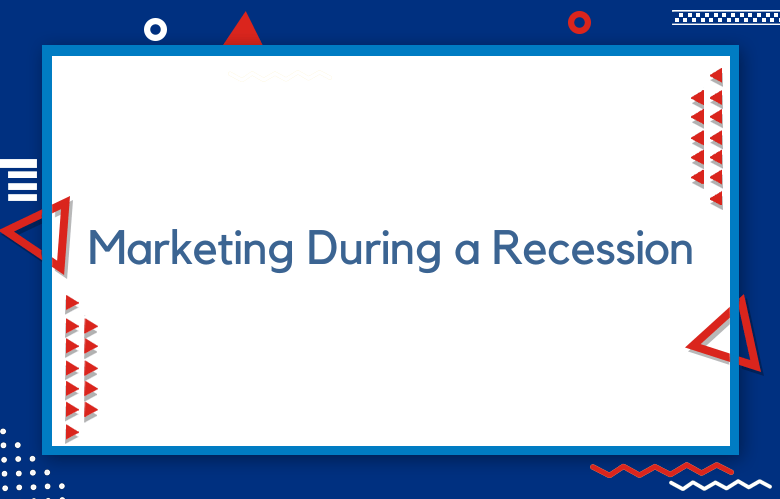Garbage In, Garbage Out (GIGO) for Marketing

Marketing is all about data. Every marketer’s decision is grounded in data—from identifying target audiences to developing campaigns and measuring return on investment. But what happens when the data is wrong?
In the tech sector, a phrase describes this phenomenon: Garbage in, garbage out (GIGO). In other words, if the data going in is faulty, the output will also be flawed. We’ll look at the effect of insufficient data on marketing and what businesses can do to avoid the GIGO trap.
What is Garbage In, Garbage Out (GIGO)?
GIGO is a concept that states that if you feed your system with faulty or inaccurate data, the output will also be incorrect.
In essence, the quality of your output is only as good as the quality of your input data. This concept applies to any system that relies on data, whether a computer program or a marketing campaign.
How does GIGO Apply to Marketing?
Marketing relies heavily on data to decide the target audience, messaging, and channels.
For example, if you use customer data to personalize your marketing messages, inaccurate data will lead to irrelevant and ineffective messaging.
Similarly, if you are using data to target specific audiences, inaccurate data can result in wasted ad spend and missed opportunities.
What are the Consequences of GIGO for Marketing?
The consequences of using inaccurate data in your marketing efforts can be severe. More accurate data can lead to better decision-making, lost opportunities, wasted resources, and decreased revenue.
In addition, using inaccurate data can also damage your brand’s reputation, as customers may become frustrated with irrelevant or incorrect messaging.
How to Avoid GIGO in Your Marketing Efforts
To avoid GIGO in your marketing efforts, it is essential to prioritize data accuracy. This involves ensuring that your data is complete, correct, and up-to-date.
It also includes regularly auditing your data and cleaning it up as necessary. Working with a reliable data provider can help ensure your data is accurate and reliable.
Garbage In, Garbage Out (GIGO) for Marketing: Why Quality Matters More than Quantity
In the marketing world, there is a famous saying – Garbage In, Garbage Out (GIGO). This principle means that the quality of the data you input will determine the quality of the insights or outputs you receive.
This principle is often ignored by marketers who focus more on Quantity rather than quality. However, in today’s data-driven world, the quality of your data is more critical than ever, as it can significantly impact the success of your marketing campaigns.
We will discuss why GIGO is crucial to marketing and how to maximize your marketing efforts’ potential.
Garbage In, Garbage Out (GIGO) for Marketing – How to Avoid It
Marketing has always had the adage of “garbage in, garbage out,” which implies that the quality of the output strictly depends on the quality of input. This phrase emphasizes the importance of data and how everything depends on its accuracy and validity.
All marketing campaigns depend on the data because all decisions are based on it.
Hence, if the data used needs to be corrected, achieving the desired results becomes almost impossible. This section will take you through the essential aspects of the GIGO principle in marketing.
Garbage In, Garbage Out (GIGO) – The Importance of High-Quality Marketing Data
In today’s digital age, data is king. Using data, marketers can create targeted, personal campaigns that resonate with their audience and deliver measurable results. However, not all data is created equal, and “garbage in, garbage out” (GIGO) is a common pitfall for many marketers.
If your data is low-quality, outdated, or inaccurate, any marketing campaigns launched using this data will also be ineffective. I will explore the importance of high-quality marketing data and why it should be a top priority for any marketing team.
Understanding the Concept of Garbage in, Garbage out (GIGO) for Marketing
In today’s world, data is everything. Companies invest heavily in data analytics to make informed decisions and enhance their marketing strategies.
However, poor-quality data can lead to incorrect analysis and ineffective marketing campaigns. That’s where a concept known as Garbage in, Garbage out (GIGO) comes in. We will look at how GIGO impacts marketing and how to prevent it.
Impact of Bad Data on Marketing Efforts
The impact of poor-quality data on marketing efforts must be considered. Here are some negative scenarios that could occur:
Targeting the right audience
When you have good data, you may target the right audience, leading to wasted resources and time.
Bad decisions
You may need to make better decisions based on accurate or reliable data, leading to poor marketing strategies.
Negative Reputation
Releasing campaigns with irrelevant or outdated data will affect your company’s reputation and deter potential customers.
Tips for Maximizing Data Quality
So, how can you avoid the GIGO principle in your marketing campaigns? Several tips can help, including:
Collecting accurate data
Ensure that the data you’re collecting is accurate and reliable.
Cleaning your data
Remove any irrelevant, outdated, or redundant data to avoid cluttering.
Ensuring consistency
Ensure your data is consistent across all platforms to avoid confusion and create a strong foundation for a cohesive strategy.
Using analytical tools
Utilize analytical tools to provide insights and identify any issues to improve the quality of your data.
Benefits of Quality Data
It’s important to note that investing in quality data results in many benefits in the long run. These include:
Better Customer Experience
Targeting the right audience and providing relevant data leads to a great Customer Experience.
Increased ROI
Quality data helps project better quality output, allowing companies to increase their ROI ratios.
Establishing a Strong Brand Reputation
Consistency in quality data helps establish brand reputation and recall.
Conclusion
Garbage in and Garbage out is a significant threat to successful marketing. With so much riding on accurate data and insights, marketers must ensure that the data used to inform their efforts is trustworthy.
By investing in data verification, analytics tools, and ongoing monitoring, companies can avoid the GIGO trap and make more informed decisions. Ultimately, this can lead to better targeting, messaging, ROI, and, most importantly, stronger customer relationships.
Call: +91 9848321284
Email: [email protected]



